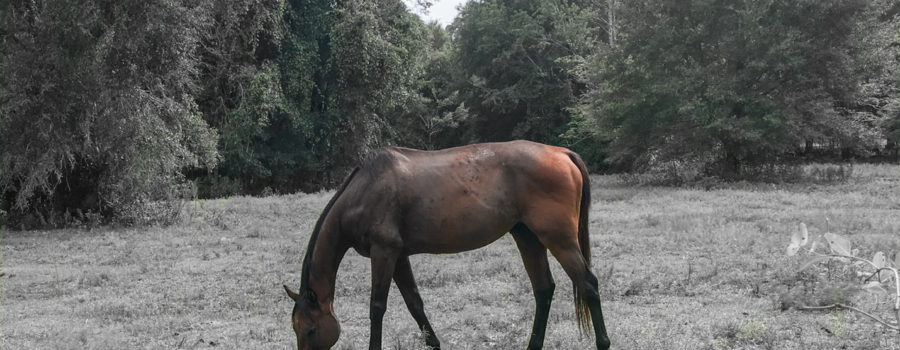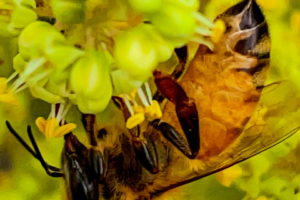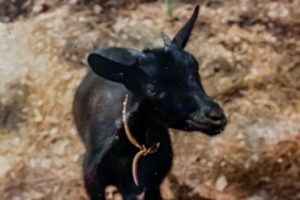How to Care for Your Horse During Cold Weather

Winter can be a beautiful time of the year, with fresh snow and frost patterns on windows (even here in Central Florida we get frost!), but it can also be a tough time of year for animals that live outdoors, including livestock. Most folks realize that small companion animals like dogs and cats need special care during cold weather, but sometimes people don’t realize that large animals needs special care, too. Horses, in particular, need some special consideration when it’s cold out. In really cold weather, horses should have an enclosed barn or stall where they can get out of the wind and snow ideally. Many of you that live in places that get very cold, have enclosed facilities, but down here in the south many people have only run in stalls or no indoor stalls at all. When that is the case, or if your barn tends to be drafty, your horse should have a blanket. Blankets come in various sizes, thicknesses, and price ranges and can be found in tack stores, farm stores, and many feed stores. But remember, down here most days blankets should be removed during daylight hours to keep horses from getting overheated.

Horses may seems big, and hardy, but in fact, they have pretty sensitive digestive systems. When weather gets chilly, horses have a tendency to not drink enough water, and when they don’t drink enough, they are prone to getting colic, which can be very serious and expensive to treat. To help prevent colic there are several things horse owners can do to stimulate horses to drink more. First, make sure your horse has access to warm water. Obviously, horses can’t drink at all if water buckets or troughs are frozen over, but they also don’t like icy cold water. There are heaters available that can be placed in water troughs and buckets that help to warm the water. Like blankets, they can be purchased at tack stores, feed stores, and farm supply stores. Down here in Florida, often just keeping a hose running at a low rate works very well to keep the water drinkable. We are fortunate that much of our rural water supply comes from underground springs that stay at a constant temperature of about 72 degrees. And of course, there is the added benefit of running the water keeping pipes and spigots from freezing.

Finally, when temperatures start to drop, horse owners need to make sure that their animals have access to salt. Salt licks can be considered a bare minimum requirement. You might consider adding some salt to your horse’s feed or a warm bran mash. By adding salt, a horse is stimulated to want to drink more. We’ve all heard the old saying, “you can lead a horse to water, but you can’t make him drink”. But you can, if you add salt! If you are going to add salt to your horse’s feed do be careful not to add too much. Excess salt is unhealthy for animals, just like it is for people. If you aren’t sure how much to add, you should consult your local large animal veterinarian. Do any of you have other helpful hints for horse care in winter time? Please help spread the word by sharing them!





Recent Comments